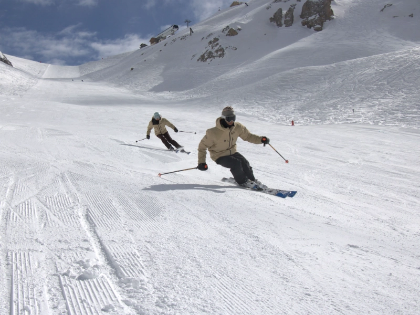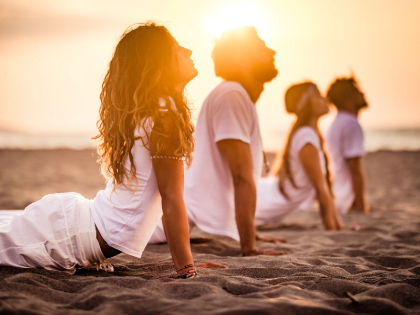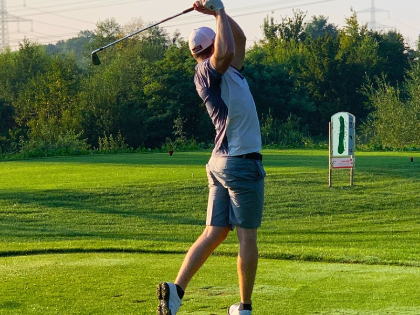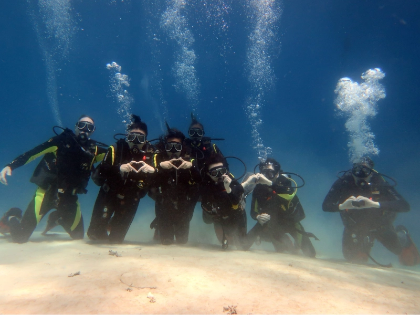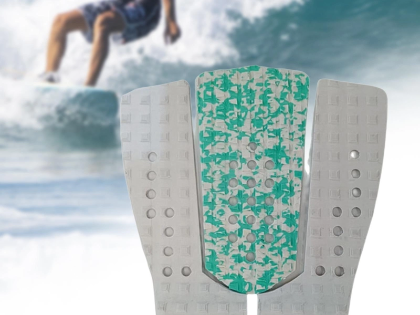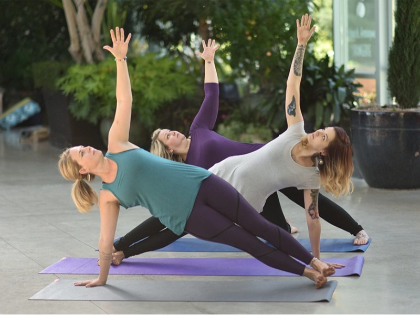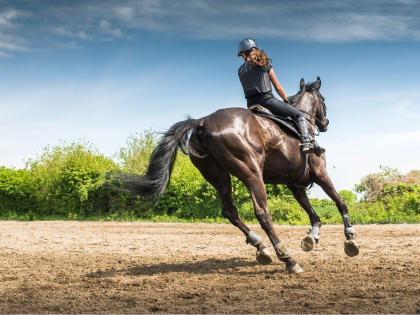Horse Camping Adventures: Combining Riding And Nature
Horse camping is riding the nearby trails from a campsite that welcomes horses. From bringing your trailer with living quarters to a campsite, the setups can range from going into the wilderness with just your horse and saddle bags. Imagine riding a lovely day and then retiring to your tent for the evening beneath a star-drenched sky on a new track. You will have hoofprints on your heart from this trip!
1. Getting Started
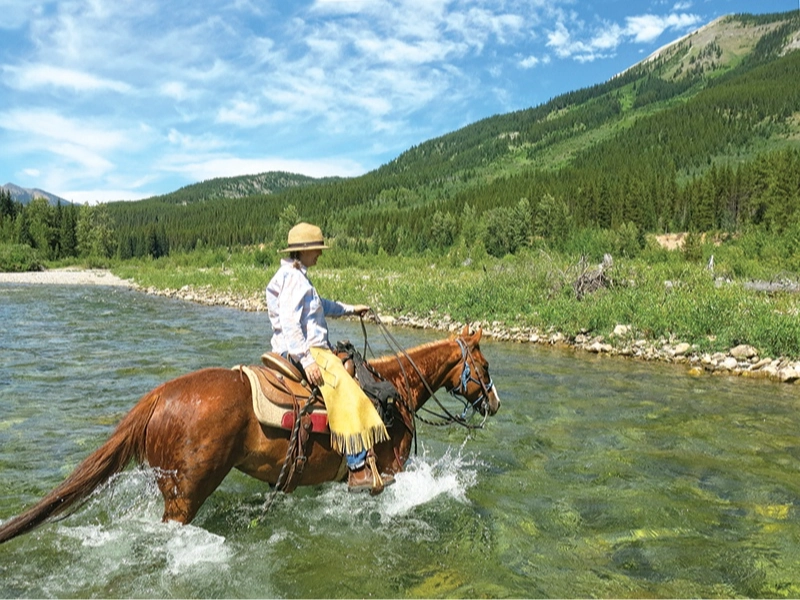
2. Training Your Horse
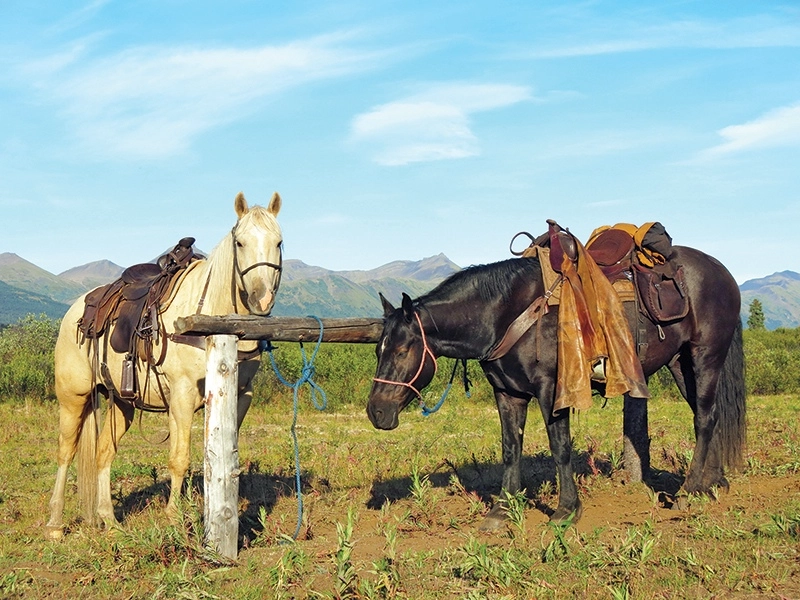 Although most equestrian campsites provide corrals, you would be good to pack your own kind of containment. This can incorporate overhead ties, portable panels and electric fence systems based on the campground. Many horse campers, on the other hand, confine their horses using hobbles for non-riding pursuits. Before deploying these kinds of restraints at a camping, your horse should be trained to accept them at home.
Familiarising yourself with the rules and regulations of the campsite about where your horse may be tied and how waste should be disposed of also helps. At last, make sure you pack enough fresh drinking water for your horse as well as for you. Horses drink roughly 12 litres a day. During hot weather and during long trail rides especially, this is crucial.
Although most equestrian campsites provide corrals, you would be good to pack your own kind of containment. This can incorporate overhead ties, portable panels and electric fence systems based on the campground. Many horse campers, on the other hand, confine their horses using hobbles for non-riding pursuits. Before deploying these kinds of restraints at a camping, your horse should be trained to accept them at home.
Familiarising yourself with the rules and regulations of the campsite about where your horse may be tied and how waste should be disposed of also helps. At last, make sure you pack enough fresh drinking water for your horse as well as for you. Horses drink roughly 12 litres a day. During hot weather and during long trail rides especially, this is crucial.
3. Traveling With Your Horse
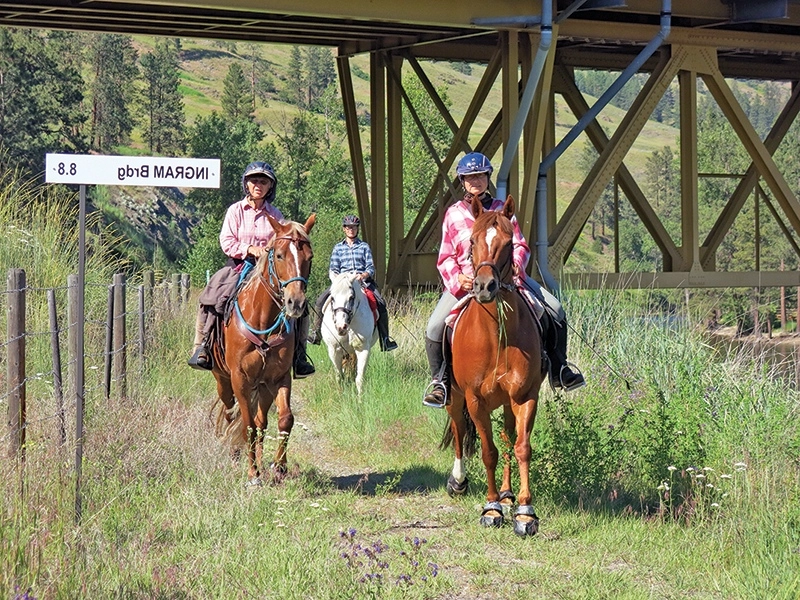 From riding on trails to lodging at the campsite, horse camping offers a lot of novel experiences. Your horse will be more likely to remain calm and peaceful when you are really on the road the more times it can go through these novel circumstances ahead of time.
Horses should be trailered no more than 12 hours in a day, with overnight rest periods to assist with recovery from the physical demands of travel and trailer standing. Frequent check of your horse's temperature, pulse, and respiration (TPR) will help you to make sure they are feeling normal during the trip.
High-lining and electric fences, trailer arms, movable panels, onsite paddocks and stalls are just a few of the several ways many equestrian campsites handle horse containment. Depending on the equestrian campsite you decide upon, these systems could call for specific tools you should pack for your trip. You should also verify that there is drinkable potable water for your horse and you at the equestrian campsite.
From riding on trails to lodging at the campsite, horse camping offers a lot of novel experiences. Your horse will be more likely to remain calm and peaceful when you are really on the road the more times it can go through these novel circumstances ahead of time.
Horses should be trailered no more than 12 hours in a day, with overnight rest periods to assist with recovery from the physical demands of travel and trailer standing. Frequent check of your horse's temperature, pulse, and respiration (TPR) will help you to make sure they are feeling normal during the trip.
High-lining and electric fences, trailer arms, movable panels, onsite paddocks and stalls are just a few of the several ways many equestrian campsites handle horse containment. Depending on the equestrian campsite you decide upon, these systems could call for specific tools you should pack for your trip. You should also verify that there is drinkable potable water for your horse and you at the equestrian campsite.
4. Camping With Your Horse
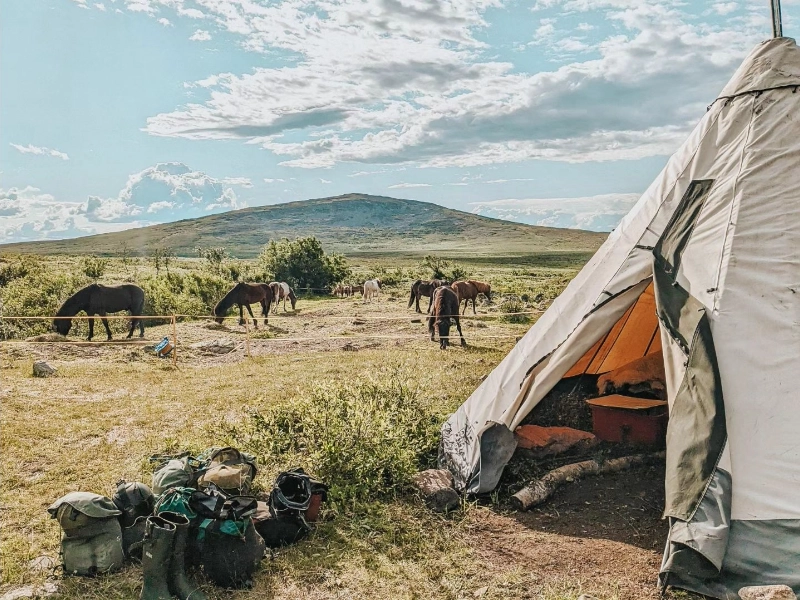 Among the fastest rising leisurely trail riding experiences is horse camping. Still, it calls for certain particular knowledge and tools. Horse-camping is a weekend trip for some, and a full-fledged vacation for others.
Whether you're on the trails or at a campground with horses, you should always be mindful of other campers, bikers and hikers. Sharing their wildness with a horse and its big turds and hooves would not excite them as much.
If your horse has never tented, start gently exposing him to the circumstances. Try placing him in an outdoor corral or pen (without a roof or shavings) overnight and feed him some of the same food he would be eating on your camping trip. This will enable you to keep an eye on his handling of the new surroundings without subjecting him to any stress-inducing events that can cause him to respond badly.
Among the fastest rising leisurely trail riding experiences is horse camping. Still, it calls for certain particular knowledge and tools. Horse-camping is a weekend trip for some, and a full-fledged vacation for others.
Whether you're on the trails or at a campground with horses, you should always be mindful of other campers, bikers and hikers. Sharing their wildness with a horse and its big turds and hooves would not excite them as much.
If your horse has never tented, start gently exposing him to the circumstances. Try placing him in an outdoor corral or pen (without a roof or shavings) overnight and feed him some of the same food he would be eating on your camping trip. This will enable you to keep an eye on his handling of the new surroundings without subjecting him to any stress-inducing events that can cause him to respond badly.
